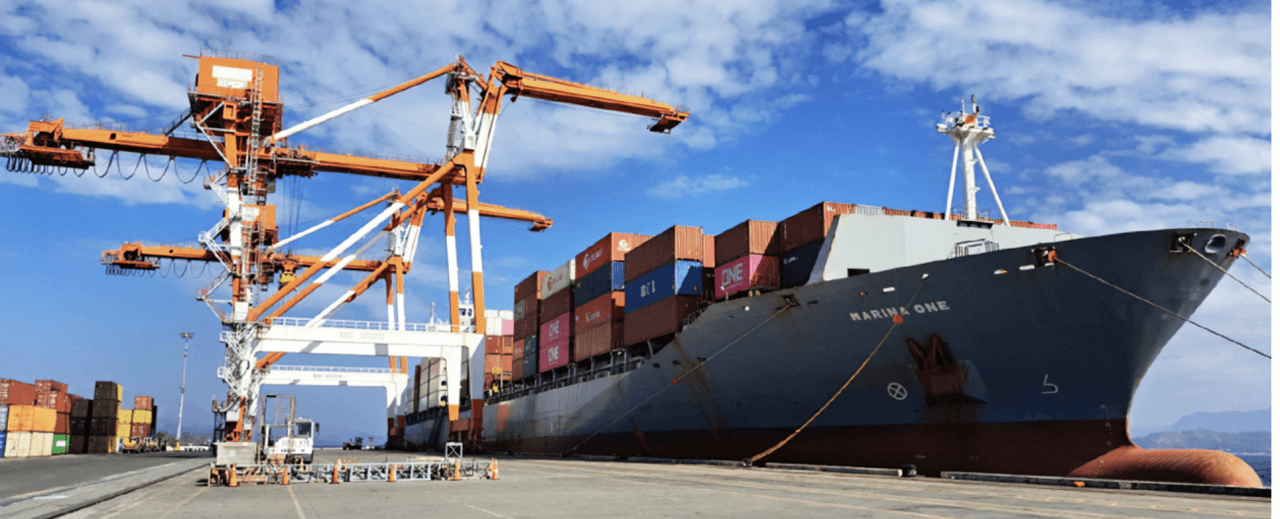

The Marcos administration is in early talks with partner countries to join the $7 billion (P400 billion) Luzon Economic Corridor, focusing on railway, port, electronics, and clean energy projects.
Frederick Go, Special Assistant to the President for Investment and Economic Affairs, said on Monday the United States, Japan, and European countries were part of investment talks via the G7 Partnership for Global Infrastructure & Investment.
Big picture
This is a major initiative of the Marcos administration that highlights partnerships with countries like the US and other allies.
It involves railway connections of major economic hubs and export zones such as Subic, Clark, Manila, and Batangas, which account for 80 percent of the country’s port traffic.
“When we say investment corridor, we’re not just talking about the rail. We’re talking about everything that goes around it: infrastructure, shipbuilding, semiconductor manufacturing, and data centers,” Go said on the sidelines of a business forum organized by the Economic Journalists Association of the Philippines on Monday.
Geopolitical risk
The Luzon corridor also offers an alternative for businesses looking to mitigate risks associated with China.
This initiative comes amid an economic slowdown on the mainland and geopolitical tensions in the West Philippine Sea.
Welcome development
Juan Paolo Colet, managing director at leading investment bank China Bank Capital Corp., highlighted promising opportunities in this project.
“We are poised to remain among the fastest-growing economies in the region, and our location is also geopolitically significant,” he told InsiderPH.
Who’s onboard?
Go said discussions were being led by the US and Japan, but the intention is to invite partners from Europe and United Kingdom.
The Asian Development Bank has been engaged to conduct a feasibility study for the project.
Clearing bottlenecks
Go is anticipating potential delays caused by right-of-way, one of the main reasons that stall infrastructure projects.
“We’ve put right-of-way as a priority legislative measure. It’s in our list of 10 legislative actions requested [from Congress],” he said.

Miguel R. Camus has been a reporter covering various domestic business topics since 2009.